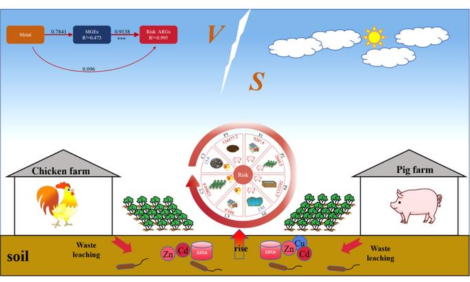



Is Canada's Beef Industry Too Reliant on the US?
ANALYSIS - A new report challenges the Canadian beef industry to explore collaboration in the supply chain and develop a long-term plan, in order to tackle the issues facing the sector and take advantage of new opportunities.The Canadian Agri-Food Policy Institute (CAPI) report highlights that the Canadian cattle industry is extremely reliant on one market, the US, which accounts for 85 per cent of Canada's beef and cattle trade. On a five year average (2007-2011), Canadian beef and cattle sales to the US were some $2.2 billion (and a combined total of $1.8 billion in 2011).
However, whilst Canada continues to supply the US market with live cattle and beef, the US is using to this to their benefit, focusing on alternative export markets.
Over the last eight years, beef imports from the
US have risen, and Canada is supplying less beef to its own domestic market. Moreover, the average value
of these imports ($6.55 per kg) exceeds the average value of our US-bound exports ($3.74 per kg). This
imbalance is indicative of the fact that Canada is generally importing more higher cuts (muscle cuts) from
the US than it is exporting (trim and grinding beef).
Is Canada missing a bigger
economic opportunity to better serve its own domestic market?
US beef exports beyond Canada are up 280 per cent on a value basis since 2005; whereas Canadian exports beyond the US are up 45 per cent. Since 2002, Canada's exports to international markets other than the US were down 3.5 per cent while the US beef industry increased exports to the international market by 51 per cent (excluding shipments to Canada).
The report recognises the Government's "admirable" job of opening new foreign markets, however says beef industry is not doing enough to capture new sales, enhanced prices and greater margins.
At the moment, the industry is not in a position to take advantage of trade decisions.
One of the key findings from CAPI is the need for a strategy. Currently there is no long-term strategy or shared strategic plan that brings stakeholders together.
This study points out in clear terms that the industry is not achieving its full potential. A strategy is urgently needed to link the players, policies and resources in order to help the sector ensure its place, domestically and
internationally, as a reliable supplier of high quality Canadian products.



